Custodial Vs Non Custodial Wallet: Pros, Cons & Which Ones Safer 2024
Content
Centralized custodial services are sometimes able to recover or reimburse customers if funds are stolen. Funds drained from a crypto wallet are gone forever — unless the thief https://www.xcritical.com/ decides to return them. By contrast, a non-custodial wallet gives you the complete responsibility for your keys. The first one works similarly to a traditional bank, while the latter makes you act as your own bank.
Tips for Success in Cryptocurrency Contract Trading
They are often more user-friendly and ideal for beginners in the crypto world due to their intuitive interfaces and easy-to-use features. While we strive to provide accurate and up-to-date information, we cannot guarantee the accuracy, completeness, or applicability of any information provided. The views and opinions expressed on this blog are solely those of the authors and should not be construed as professional advice. We do not endorse or guarantee the performance of any cryptocurrencies, projects, or companies mentioned herein. Create and set up your first crypto wallet by following these quick steps. Even if you’re difference between custodial and non custodial wanting to setup your wallet on your phone, it has heaps of great info that’s easily applied to most mobile wallets out there too.
What Types of Wallets Are Considered Non-Custodial?
To balance both security and convenience, you can consider storing your private key in a cold wallet and using a hot wallet for regular trading. They offer various features for sending, receiving, storing, and managing your crypto. If you’re an active trader, that can also dissuade the matter even further – trading-wise, software and online wallets are much more convenient. In total, there are four big types of cryptocurrency wallets – online, hardware, software (app), and paper ones. Each of these types of wallets have their own features, benefits, and shortcomings, and are thus going to be suitable for different types of people, too. Security-wise, paper wallets are seen as the best alternative, while convenience-wise, software and online ones should be your go-to options.
Common Security Features of Cold Wallets
It already includes a wide range of DeFi (decentralized finance) protocols that can let you earn income from your crypto holdings. With NFTs or nonfungible tokens, you can support artists you like, join various communities, play games, and much more. However, custodial exchanges sometimes have tools to recover the assets sent without a memo or to an incorrect address. They store your private key in the browser and allow you to easily connect to Dapps (decentralized applications). Some web wallets, like Brave, are built directly into your browser and require less CPU to operate. Custodial wallets offer the convenience of having a third party manage private key responsibilities but also come with the drawback of relying on that third party for access to funds.
Pros and Cons of Non-Custodial Wallets
The problem is that you have to make sure you can trust the custodial wallet provider and rely on their security measures. This means that users have full control over their private keys and are responsible for the security of their digital assets. MetaMask does not store users’ private keys on its servers, ensuring they retain sole control over their cryptocurrencies. Software wallets are applications installed on desktops, laptops, mobile devices, or as browser extensions, allowing users to manage their cryptocurrencies digitally. These wallets create and store private keys on the user’s device, balancing convenience and security.
If you’ve ever used Bitcoin or other cryptocurrencies, you know that having a digital wallet is essential. You will need one if you want to make transactions, trade on a crypto exchange, or use blockchain applications. As such, it’s important to understand how cryptocurrency wallets work and the main difference between non-custodial and custodial wallet providers. Whether you decide to use the platform or not, one key takeaway from this DeBank review is to use a secure, non-custodial wallet like Coinbase.
If you’re new to cryptocurrencies, look for a wallet with a user-friendly interface and straightforward functionality. It should be easy to navigate, provide clear instructions, and enable you to send, receive, and manage your digital assets without hassle. Given the decentralized nature of non-custodial wallets, users might find customer support limited or pretty much nonexistent. In case of any issues or challenges, you may need to rely on community forums, social media, guides, or DIY to troubleshoot problems.
This setup means they’ve got quite a bit of power since they’re looking after all your funds and making sure things go as planned when you ask them too. But on the flip side, it also requires putting trust in these folks that they’ll keep everything safe and sound for you. A custodial wallet is a crypto wallet that stores, sends, and receives cryptocurrencies like Bitcoin, Ethereum, etc. The term “custodial” comes from the fact that the control of your crypto assets is held by a third party, similar to how a bank holds your money. This third party is often a cryptocurrency exchange or a dedicated wallet service.
For instance, Ceffu is a custodial service provider that only onboards corporate users at the moment. You will need a non-custodial wallet when interacting with a decentralized exchange (DEX) or decentralized application (DApp). Uniswap, SushiSwap, PancakeSwap, and QuickSwa are popular examples of decentralized exchanges that require a non-custodial wallet. Let’s explore their differences so you can learn when to use one type or the other.
A desktop and mobile wallet that supports multiple cryptocurrencies, including Bitcoin, Ethereum, and Litecoin. Exodus offers a user-friendly interface for managing and trading cryptocurrencies, with security features like password protection and backup seed phrases. Custodial wallets can be safe if managed by reputable and trustworthy custodians. However, risks include insider theft, hacking, and changes in the custodian’s policies or terms of service. To minimize these risks, choose a custodial wallet provider with a strong reputation, and practice good account security like using two-factor authentication or three-factor authentication.
- It is therefore necessary for individuals and entities to consider if they may be RCASPs by virtue of having control or sufficient influence over a trading platform.
- When using a custodial wallet, you have to trust your private keys with a third-party provider (like a crypto exchange).
- Don’t worry about your privacy because you have complete control over your data and transactions, which gives you peace of mind and a sense of freedom.
- When picking out a custodial wallet, you’ve got to keep a few things in mind.
- It’s only reasonable to exercise caution and not believe everything you read online.
- If you like having full control over your assets, or simply want to use blockchain technology to interact with DeFi applications, you should consider a non-custodial wallet.
To recap this part of my Crypto.com DeFi wallet review, I’d like to emphasize that the wallet is essentially free to use. But, it’s important to be aware that network fees may apply and can rise during periods of high activity. These additional charges are a trade-off for the freedom and flexibility that the DeFi wallet provides. In addition, using the wallet’s DeFi-related features might be overwhelming for beginners just starting to explore the world of cryptocurrency. This feature operates in a different space with its own set of protocols and unique risks that a beginner might need to be made aware of. And if you like the freedom of using a web browser, you can access your wallet from any internet-connected device without needing to download any software.
HMRC will work with RCASPs to help them to prepare and make sure they have the support needed to meet this first reporting date. The government will continue to work with industry and advisers to ensure that any guidance produced addresses as many of the issues raised in the consultation as possible whilst remaining consistent with the CARF. One response highlighted the need for an RCASP to be able to evidence it is reporting in a country where it has a different nexus.
This means your wallet gives you access to your coins but doesn’t actually store them. While the initial premise of cryptocurrency was to fix the problems with traditional currencies, there are now a whole host of utility cryptocurrencies that have sprung up, thanks to the creation of the blockchain. That’s because bitcoin represents more than 45% of the total cryptocurrency market. So when we talk about any cryptos outside of bitcoin, all of those cryptos are considered altcoins. Cryptocurrency is treated as a capital asset, like stocks, rather than cash.
Safeguard your crypto wallet by employing strong and unique passwords, and remember to enable two-factor authentication for added security. For hardware wallets, keep them in a safe place and keep your recovery phrase private. To protect your assets, regularly update your software and be cautious of phishing attempts or suspicious links. Centralized cryptocurrency exchanges and brokers offer customers the convenience of crypto custody services. This means that the exchange or broker holds onto the crypto assets on the customer’s behalf. By using a custodial wallet, we’re entrusting our funds to the crypto custodian.
There are also no KYC or AML tests to pass, meaning it takes literally seconds to download and use. In contrast many custodial wallets can take days to “approve” your account. Most custodial wallets are accessed through a web browser just like you might login to your bank or email account. The most common types are ones that are built into Crypto Exchanges so that the user can buy and sell their bitcoin directly from the wallet provider. The two keys are used together in order to send cryptocurrency from one wallet to another.
With a private key to a crypto wallet, a thief can quickly and easily drain the wallet by sending the funds to another wallet. The final choice between these types of wallets will depend on your purposes and the number of crypto assets. An obvious choice for a beginner with a small amount of cryptocurrency would be a custodial wallet, which provides a simple way to access your crypto assets.






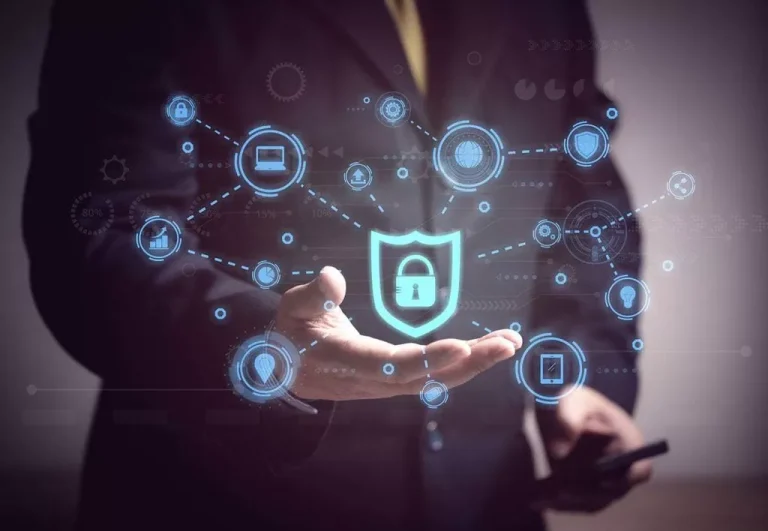
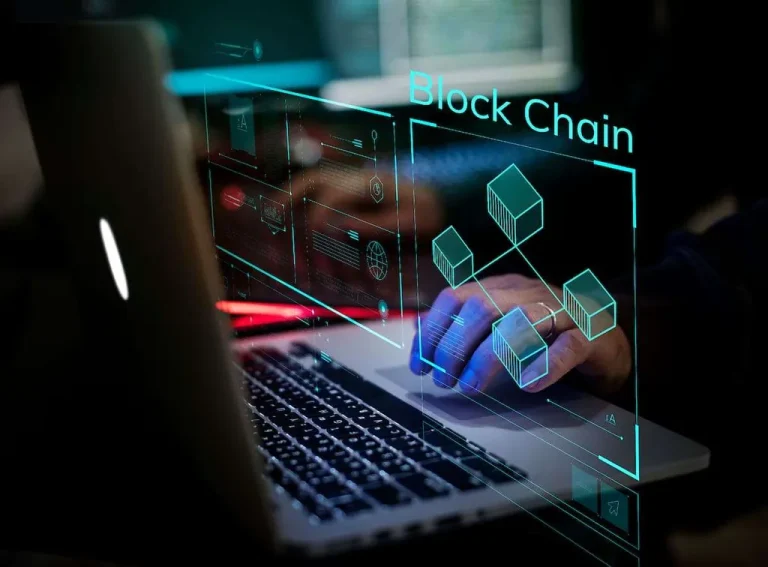
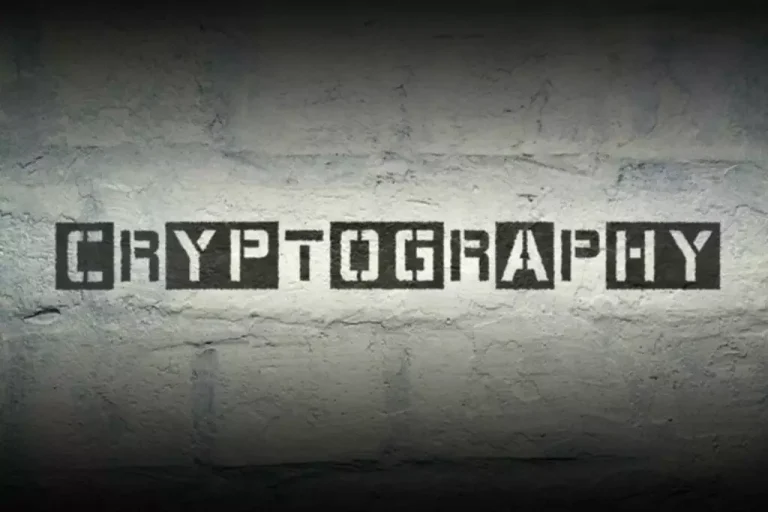
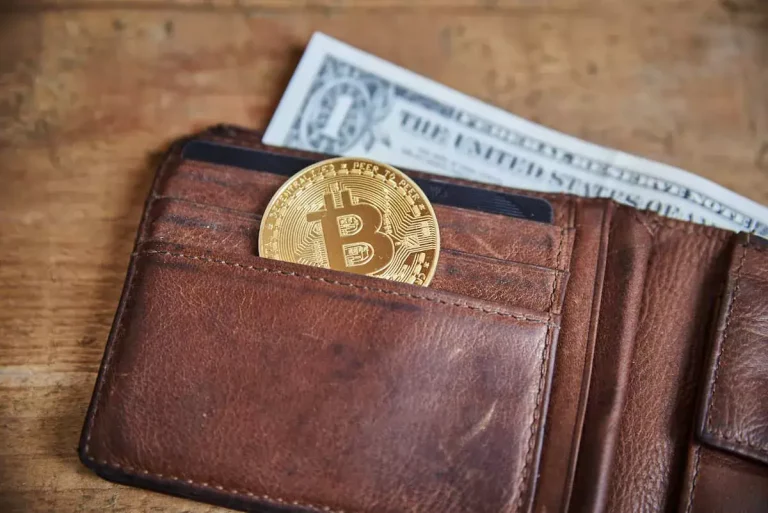


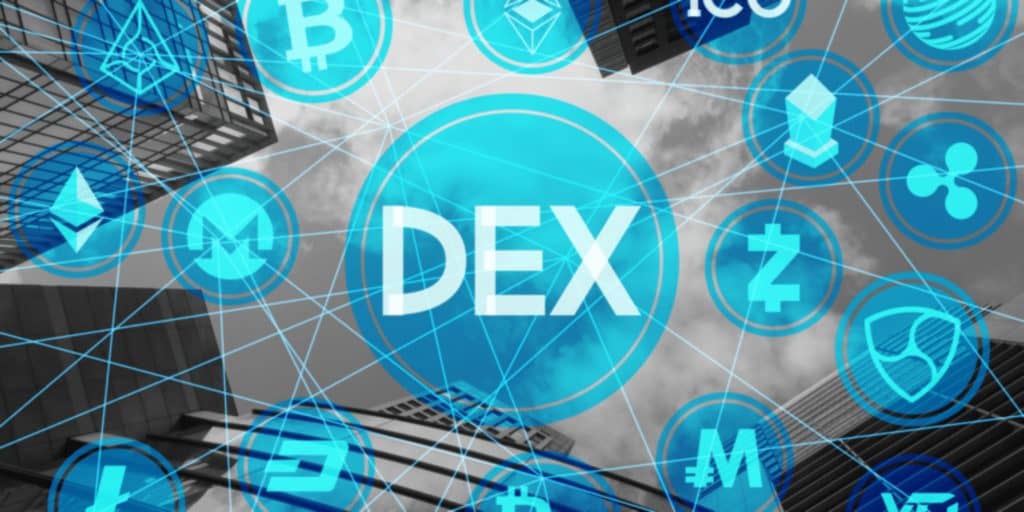


.jpeg)
.jpeg)

